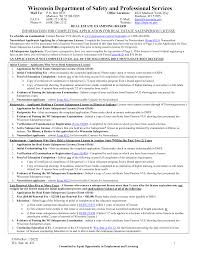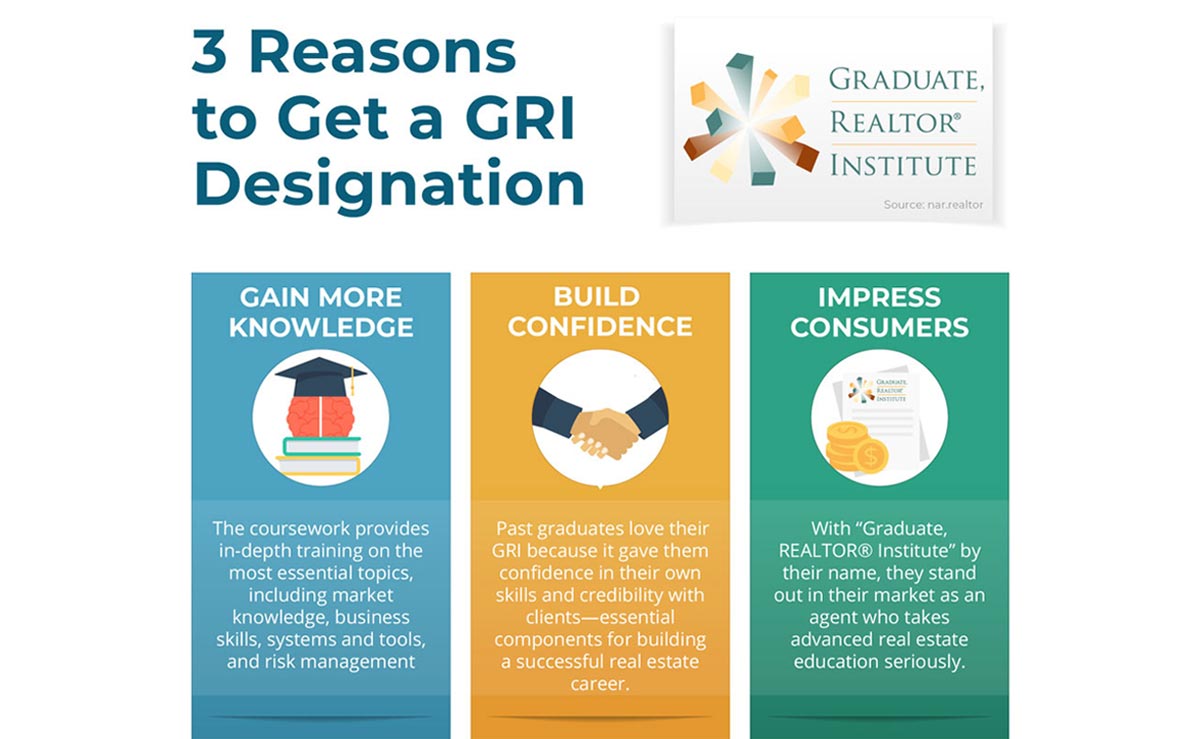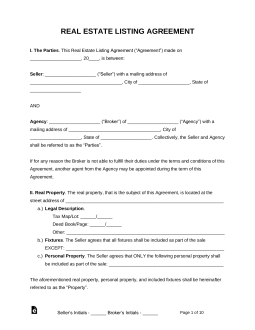
If you are looking to buy or sell your home, a professional real estate agent can be a great asset. A licensed agent can help clients find rental properties as well as handle the transaction. If you are considering a career in real estate, you might want to consider Illinois. The state is home to nearly 13 million people, and the housing market in Illinois is booming. The state saw a 15% increase in sales for its housing inventory in 2019. There are some things you need to know before entering the industry.
First, you need your license. You have two options: you can work as an independent contractor or sign up for a brokerage. You can choose to work independently or with a brokerage. However, you will need to invest some time in learning the business and building client relationships. You'll be able maximize your profits while minimizing your risk, which is the good news.
Passing the licensing exam is another important step. It is important to understand the licensing requirements as well as the regulations. Although it can seem a little tedious, the process is quite straightforward.

For most people, the best way to get a real estate license is by enrolling in a local, accredited real estate school. Online courses can be taken by many schools. It is easier for busy individuals to obtain their education.
To become a professional real estate agent, you must pass several exams. To be licensed as a real estate agent, you must complete 75 hours of coursework. The course should consist of at least 60 classroom and 15 interactive practice hours. Or, you could choose to do the course yourself if time and patience allow.
There are many online courses in real estate that you can choose from. Many of these programs are designed to help you get licensed in a shorter period of time. They even have some of the most affordable prices around.
The Illinois realty license, unlike many others, is very unique. There are some key requirements that must be met, such as a Social Security card and a GED. Further, you must prove that you have completed four years of post-secondary education. Additionally, you must complete 45 hours of post licensing training.

Considering that the cost of a new home can be upwards of $18,000, a real estate agent can be a great asset to the consumer. Although you might not make much at the beginning of your career you will be able to see a rise in your clientele as well as your experience. Remember, your earnings will vary depending on the properties you are selling. Getting a broker's license can help you to maximize your earning potential.
Do your homework before applying for your license. You should do your homework to learn more about the state's laws regarding real estate, as well as research prospective brokers to make sure that you're in the right place.
FAQ
What should you look out for when investing in real-estate?
The first step is to make sure you have enough money to buy real estate. You can borrow money from a bank or financial institution if you don't have enough money. It is also important to ensure that you do not get into debt. You may find yourself in defaulting on your loan.
It is also important to know how much money you can afford each month for an investment property. This amount must include all expenses associated with owning the property such as mortgage payments, insurance, maintenance, and taxes.
Finally, ensure the safety of your area before you buy an investment property. It would be a good idea to live somewhere else while looking for properties.
How do I get rid termites & other pests from my home?
Your home will be destroyed by termites and other pests over time. They can cause serious destruction to wooden structures like decks and furniture. It is important to have your home inspected by a professional pest control firm to prevent this.
Do I need to rent or buy a condo?
Renting may be a better option if you only plan to stay in your condo a few months. Renting can help you avoid monthly maintenance fees. A condo purchase gives you full ownership of the unit. The space can be used as you wish.
Statistics
- 10 years ago, homeownership was nearly 70%. (fortunebuilders.com)
- The FHA sets its desirable debt-to-income ratio at 43%. (fortunebuilders.com)
- Private mortgage insurance may be required for conventional loans when the borrower puts less than 20% down.4 FHA loans are mortgage loans issued by private lenders and backed by the federal government. (investopedia.com)
- This seems to be a more popular trend as the U.S. Census Bureau reports the homeownership rate was around 65% last year. (fortunebuilders.com)
- Based on your credit scores and other financial details, your lender offers you a 3.5% interest rate on loan. (investopedia.com)
External Links
How To
How to Manage a Rent Property
Renting your home can be a great way to make extra money, but there's a lot to think about before you start. These tips will help you manage your rental property and show you the things to consider before renting your home.
Here are some things you should know if you're thinking of renting your house.
-
What do I need to consider first? Consider your finances before you decide whether to rent out your house. You may not be financially able to rent out your house to someone else if you have credit card debts or mortgage payments. It is also important to review your budget. If you don't have enough money for your monthly expenses (rental, utilities, and insurance), it may be worth looking into your options. It might not be worth the effort.
-
What is the cost of renting my house? It is possible to charge a higher price for renting your house if you consider many factors. These factors include your location, the size of your home, its condition, and the season. Remember that prices can vary depending on where your live so you shouldn't expect to receive the same rate anywhere. Rightmove has found that the average rent price for a London one-bedroom apartment is PS1,400 per mo. If you were to rent your entire house, this would mean that you would earn approximately PS2,800 per year. That's not bad, but if you only wanted to let part of your home, you could probably earn significantly less.
-
Is it worth it? Doing something new always comes with risks, but if it brings in extra income, why wouldn't you try it? Make sure that you fully understand the terms of any contract before you sign it. It's not enough to be able to spend more time with your loved ones. You'll need to manage maintenance costs, repair and clean up the house. Before you sign up, make sure to thoroughly consider all of these points.
-
Are there benefits? So now that you know how much it costs to rent out your home and you're confident that it's worth it, you'll need to think about the advantages. Renting your home is a great way to get out of the grind and enjoy some peace from your day. No matter what your choice, renting is likely to be more rewarding than working every single day. If you plan ahead, rent could be your full-time job.
-
How can I find tenants? After you have made the decision to rent your property out, you need to market it properly. Start by listing online using websites like Zoopla and Rightmove. Once you receive contact from potential tenants, it's time to set up an interview. This will enable you to evaluate their suitability and verify that they are financially stable enough for you to rent your home.
-
What can I do to make sure my home is protected? If you don't want to leave your home empty, make sure that you have insurance against fire, theft and damage. You will need to insure the home through your landlord, or directly with an insurer. Your landlord will usually require you to add them as additional insured, which means they'll cover damages caused to your property when you're present. This does not apply if you are living overseas or if your landlord hasn't been registered with UK insurers. In these cases, you'll need an international insurer to register.
-
It's easy to feel that you don't have the time or money to look for tenants. This is especially true if you work from home. It's important to advertise your property with the best possible attitude. Make sure you have a professional looking website. Also, make sure to post your ads online. A complete application form will be required and references must be provided. Some prefer to do it all themselves. Others hire agents to help with the paperwork. You'll need to be ready to answer questions during interviews.
-
What happens after I find my tenant?After you've found a suitable tenant, you'll need to agree on terms. You will need to notify your tenant about any changes you make, such as changing moving dates, if you have a lease. Otherwise, you can negotiate the length of stay, deposit, and other details. While you might get paid when the tenancy is over, utilities are still a cost that must be paid.
-
How do you collect the rent? When the time comes to collect the rent, you'll need to check whether your tenant has paid up. You'll need remind them about their obligations if they have not. You can deduct any outstanding payments from future rents before sending them a final bill. If you're having difficulty getting hold of your tenant you can always call police. They will not usually evict someone unless they have a breached the contract. But, they can issue a warrant if necessary.
-
How can I avoid problems? It can be very lucrative to rent out your home, but it is important to protect yourself. You should install smoke alarms and carbon Monoxide detectors. Security cameras are also a good idea. Make sure your neighbors have given you permission to leave your property unlocked overnight and that you have enough insurance. You should never allow strangers into your home, no matter how they claim to be moving in.